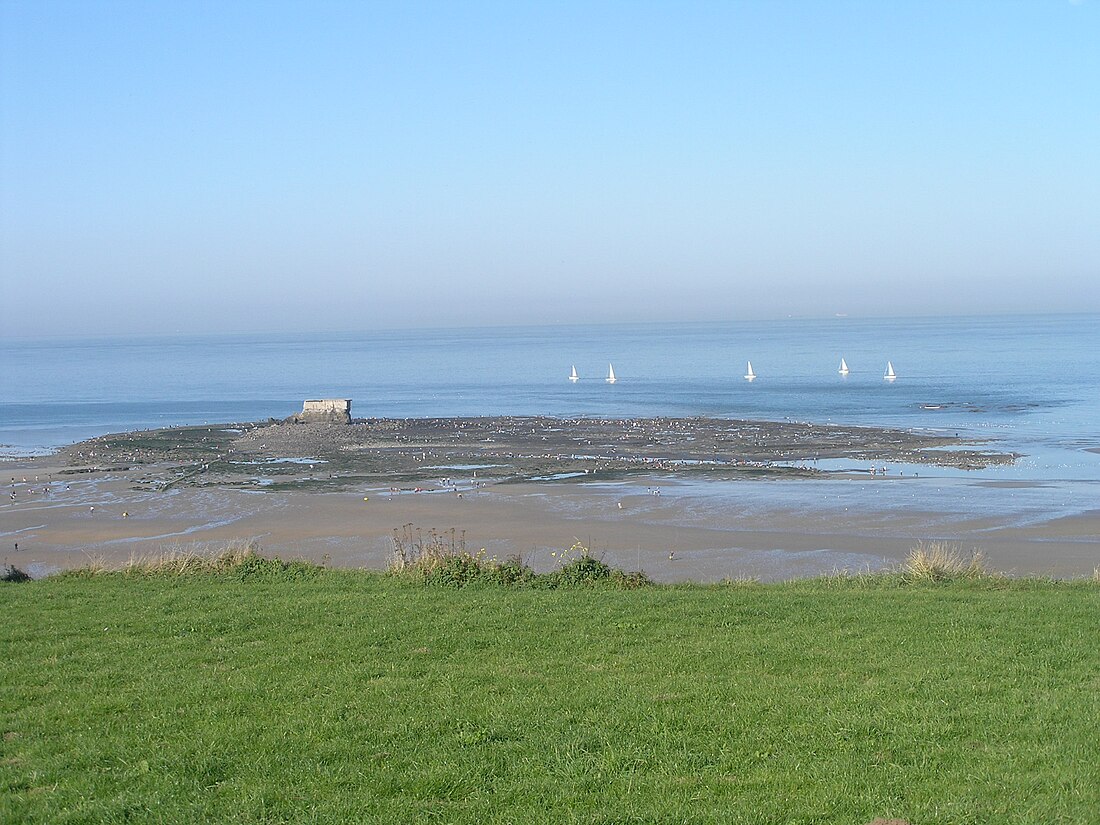Top Qs
Timeline
Chat
Perspective
Le Portel
Commune in Hauts-de-France, France From Wikipedia, the free encyclopedia
Remove ads
Le Portel (French pronunciation: [lə pɔʁtɛl]; West Flemish: Turbodingem) is a commune in the Pas-de-Calais department in the Hauts-de-France region of France[3] about 4 kilometres (2.5 mi) southwest of Boulogne town centre.
Remove ads
History
Summarize
Perspective
Le Portel translates as "the little port." The original Le Portel was a hamlet east of the town of Outreau. It became an independent municipality on 13 June 1856 by an imperial decree of Napoleon III.
In the 19th century, flint tools were discovered in the centre of the village, by the river near the Hamel Bridge, evidence of the long occupation of the site. A Gallo-Roman cemetery has been excavated in the hamlet of Châtillon.
Of agricultural origin, it grew rapidly during the 19th century because of fishing, along with the nearby port of Boulogne-sur-Mer. Sailors of Portel were as numerous as those of Boulogne before World War I. In 1841, two Le Portel sailors were on the ship Belle Poule, that brought back the remains of Napoleon.
During the Second World War, on 8 and 9 September 1943, Le Portel suffered as part of Operation Cockade, a diversionary manoeuvre by the Allies to fool the Germans into believing the possibility of a landing on the English Channel. The bombings, which destroyed 93% of the village, also killed 376 civilians.[4] On 12 August 1944, Charles de Gaulle was at Le Portel for its liberation. The town received the Croix de guerre with silver star for its sacrifice.
Remove ads
Population
Notable people
- Alfred Desenclos, composer, was born there.
- Lucien Leduc, football player, was born there.
Twin towns
 Portel-des-Corbières, France
Portel-des-Corbières, France Stockelsdorf, Germany
Stockelsdorf, Germany Kawara, Burkina Faso
Kawara, Burkina Faso
Sport
The ESSM Le Portel is a French basketball club, based in Le Portel.
See also
References
Bibliography
External links
Wikiwand - on
Seamless Wikipedia browsing. On steroids.
Remove ads





